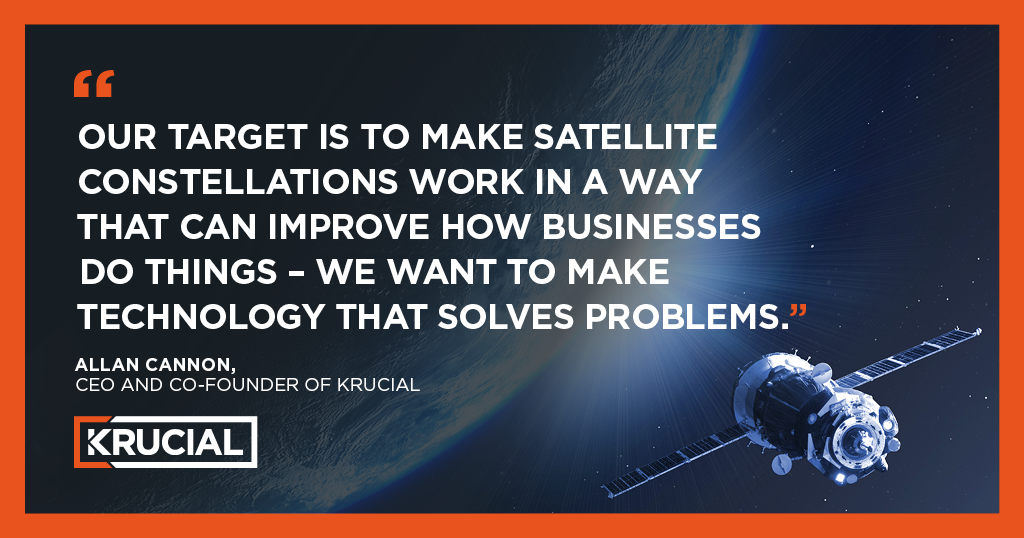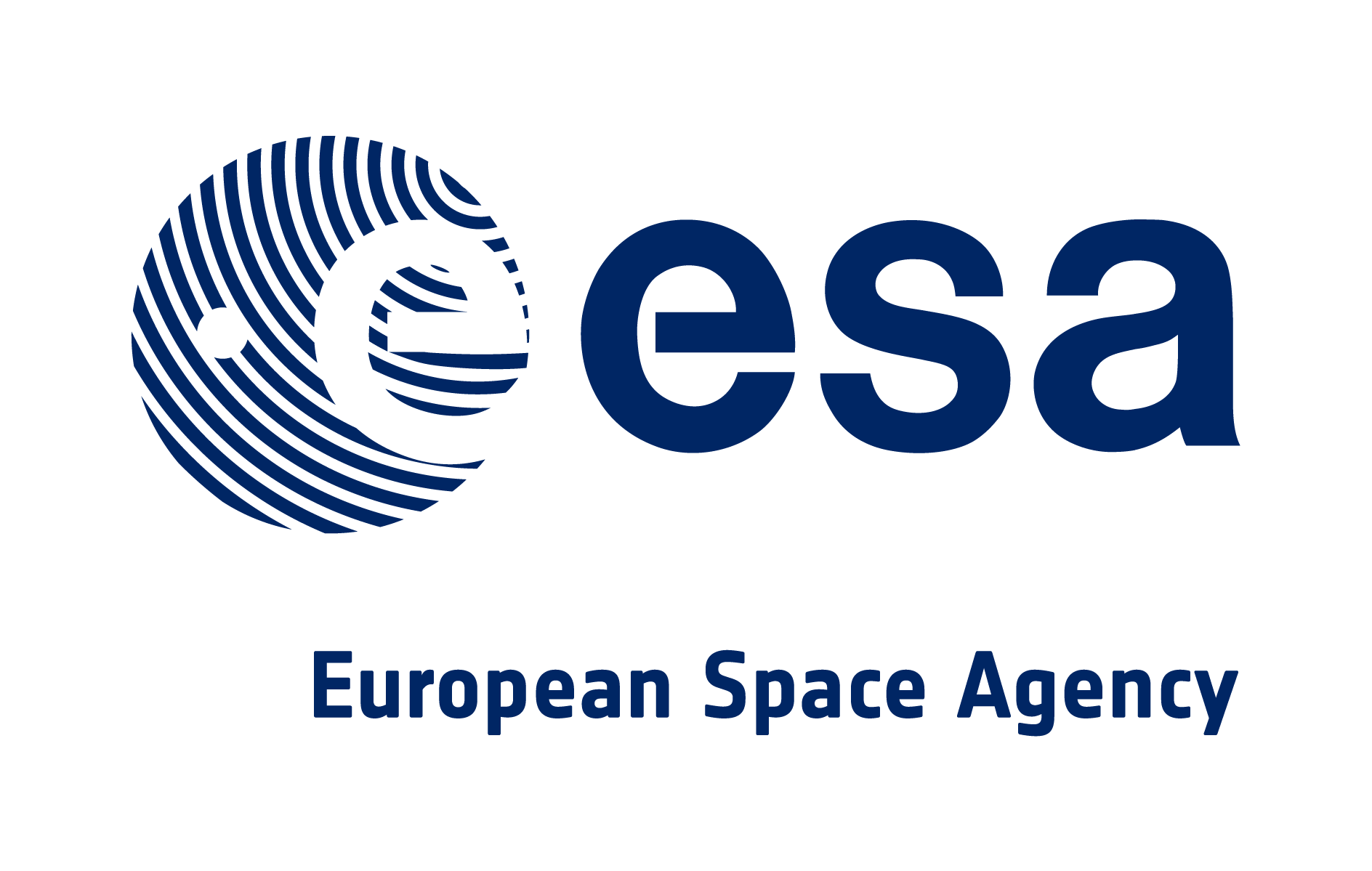This week marks World Space Week, a global event to “strengthen the link between space and society through public education, participation, and dialogue on the future of space activity using World Space Week as a focus”.
Both Krucial co-founders worked in the space industry previously, and Krucial now looks to give organisations on the ground access to some of the space technology on orbit today.
In this interview, Krucial Co-founder and CEO Allan Cannon shares some reflections on the state of the global space industry overall, where Krucial and its technology fits into that ecosystem, and predictions for the next stage of SatCom development.
What is the current state of the global space industry?
The space industry in Scotland and across the world is at a crucial and exciting point in its development. What we’re beginning to see is the democratisation of a sector that was previously the preserve of state actors and publicly funded institutions. Until the advent of SpaceX, few people would have heard of anyone else, let alone start-ups and smaller innovators, having the funding or confidence to launch satellites into space – but that’s where we’re at in 2022.
Everyone knows that SpaceX is launching satellites into space – but how does Krucial fit in to the story, can we not just use Starlink or OneWeb satellites to get data?
The space industry isn’t just rocket launches and space exploration. Downstream innovators, who use space technology to create applications and services to benefit organisations on the ground, focus heavily on leveraging satellites for a multitude of purposes.
Krucial focuses on the infrastructure layer that enables industrial IoT (IIoT) for enterprises: we enable businesses to access space technology to get continuous and reliable data from anywhere in the world, regardless of existing communications infrastructure. We leverage multiple communication technologies at once, so when cellular is unavailable or weaker, satellite connection is automatically engaged.
Our solution is a combination of hardware and software for seamless connectivity between smart devices and the cloud, and the packaging of data so it’s ready for satellite transmission. A satellite on orbit doesn’t provide enterprise-ready IIoT insights; an extra layer is required – which is us. Whether using cellular or satellite connectivity, our infrastructure layer makes data ready for use by businesses and organisations anywhere and at any point in time.
Put simply, our target is to make satellite constellations, which may seem abstract to businesses, work in a way that can improve how they do things – we want to make technology that solves problems. Value for most organisations doesn’t come from the satellite infrastructure itself but from the data and insights that the connectivity unlocks. We make it easy for enterprises to access that value from anywhere on earth.










